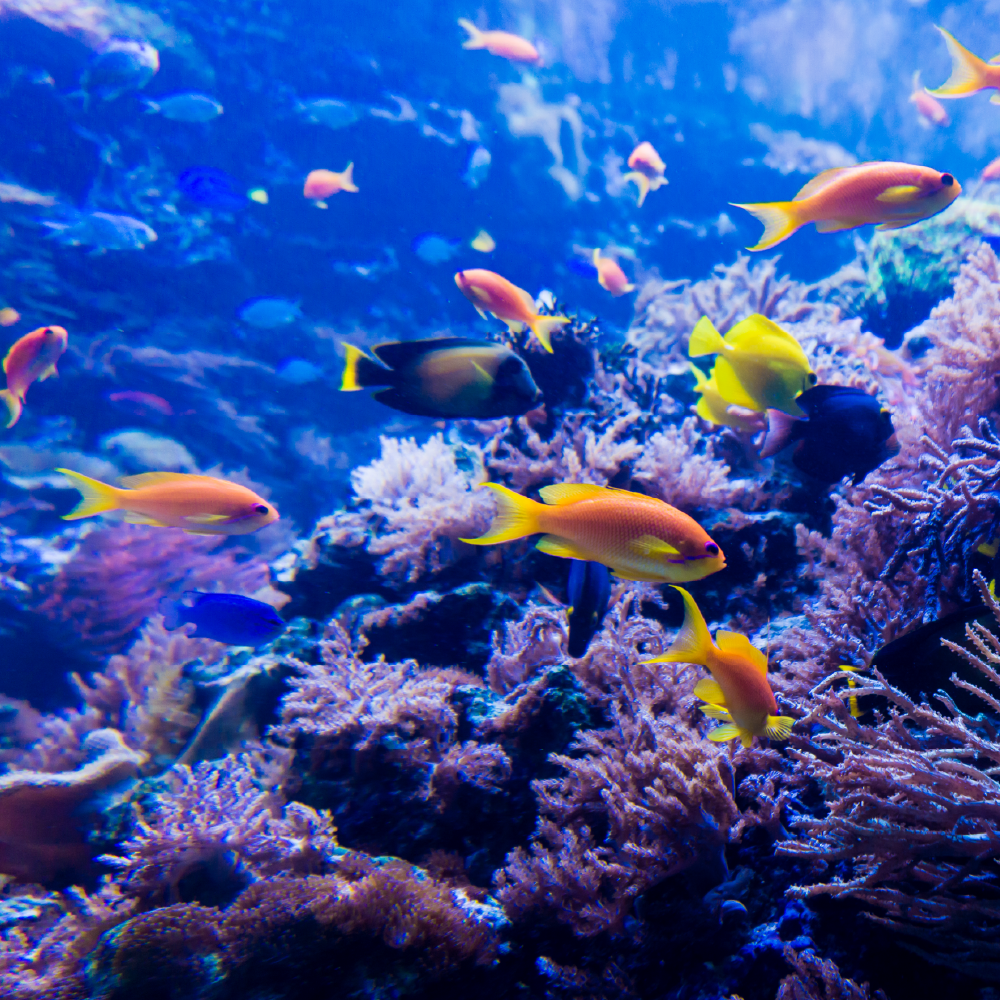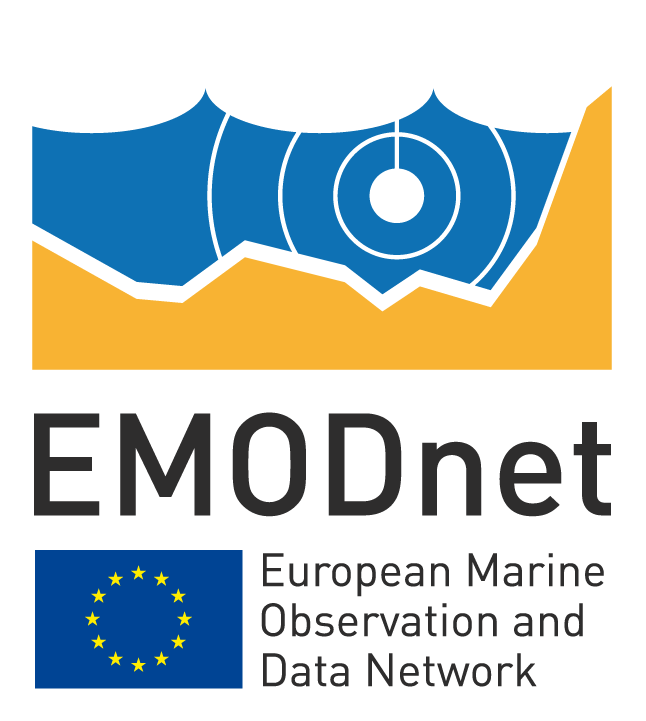The European Marine Observation and Data Network (EMODnet) is a network of European organisations working together to observe the oceans, to make the collected marine data freely available and interoperable, to create seamless data layers across sea-basins and to distribute the data and data products through the Internet. The primary aim of EMODnet is to unlock existing but fragmented and hidden marine data and make them accessible for a wide range of users including private bodies, public authorities and researchers.

The Horizon Europe “MARCO-BOLO” project (December 2022 - November 2026) aims to structure and strengthen European coastal and marine biodiversity observation capabilities, linking them to global efforts to understand and restore ocean health, hence ensuring that outputs respond to explicit stakeholder needs from policy, planning and industry. To this end, MARCO-BOLO will establish and engage with a Community of Practice to determine end-user needs with the aim of optimising marine data flows, knowledge uptake, and improving governance based on biodiversity observations. By exploiting synergies with concurrent projects, it will develop and demonstrate new autonomous technology for biodiversity mapping and monitoring, and data streams from remote sensing, eDNA, robotics, optical and acoustic observations. Protocols for eDNA-based biodiversity observations are established and validated across applications, taxa and ecosystems. The sequence of the analytical and technical processes for the different use cases will be incorporated into operational Essential Ocean Variables (EOVs) and Essential Biodiversity Variables (EBVs) and included into online reusable workflows, contributing to the free and open access of EU and global biodiversity information facilities, and to support major EU biodiversity directives and global initiatives. The project partnership will leverage its international activities (MBON, GOOS, OBIS) and participation in UN Ocean Decade Programmes (Marine Life 2030, OBON, ODIS, Ocean Practices for the Decade) to align its work programme to global communities, ensuring European participation and leadership in global biodiversity monitoring and global science.
As Project partner, Seascape Belgium is contributing to establish robust data flows into European biodiversity monitoring systems, as well as supporting stakeholder engagement and community integration towards a successful co-creation, co-design process and outcome, including the development of fit-for-purpose knowledge transfer materials and assets.
Visit project website: marcobolo-project.eu/





